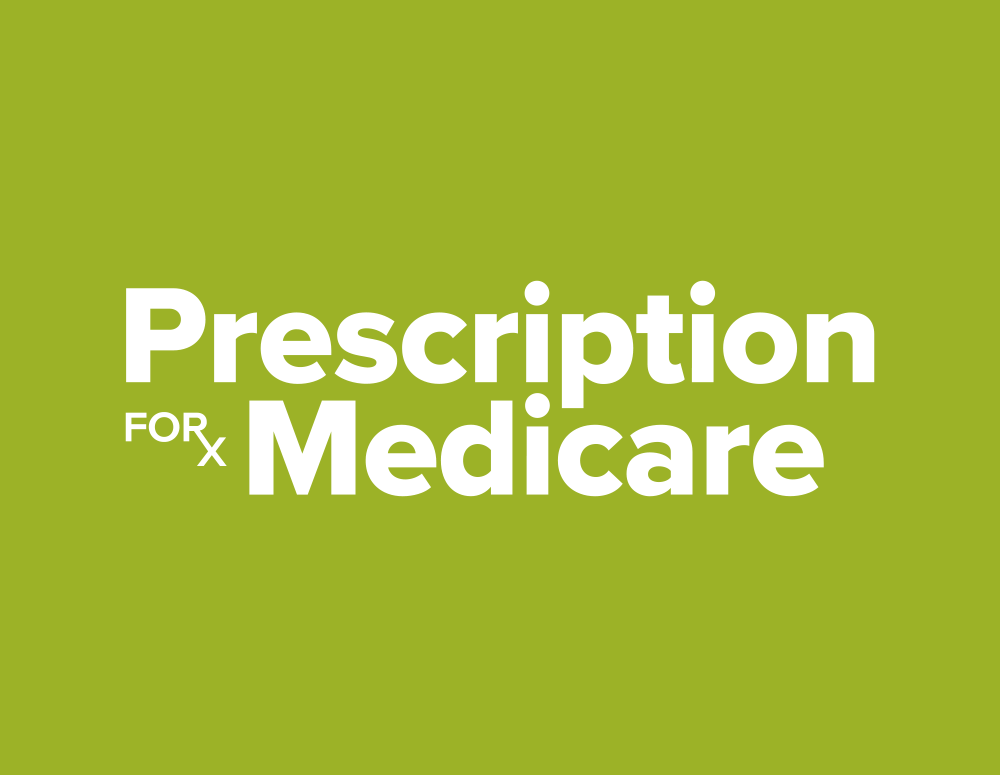As Washington looks to make changes to Medicare, there are right ways and wrong ways to address the challenges patients face. In recent weeks, policymakers have discussed imposing government arbitration on Medicare drug coverage. Arbitration is the wrong way to change Medicare, particularly government arbitration – it would be risky and could jeopardize care for seniors and people with disabilities. Rather than focusing on approaches that lower out-of-pocket costs for beneficiaries, thereby improving their care, it could put the government between patients and their physicians in making treatment decisions. Lastly, it could contribute to investments in innovation shifting away from serious diseases like Alzheimer’s and cancer that have a greater impact on Medicare patients. Before this concept moves forward it is important to examine the reality of government arbitration.
- Arbitration – Private Sector with Impartial Arbitrator
Arbitration, in the form most commonly known, is a type of dispute resolution that is used largely in private contractual disputes to avoid litigation. Once arbitration is entered into by two private parties, the decision is usually legally binding on both sides, and often is not appealable. Many people may be familiar with the concept of arbitration in baseball contracts, in union or other employment contracts, or in agreements between an individual and a large corporate entity. All these forms of arbitration involve two private parties whose dispute is resolved by an impartial third-party arbitrator or arbitrators.
- Government Arbitration – Something Quite Different
In government arbitration, one of the parties involved in the dispute would also be the party who decides the dispute’s resolution: the government. When a drug manufacturer and the federal government have a difference of opinion about what a treatment is worth, the government would appoint someone – like a lawyer, an economist or someone from the Government Accountability Office – to resolve the dispute and determine the price of the drug. The drug manufacturer would then either be forced to accept the government’s price or face exclusion from the Medicare program. Therefore, under government arbitration, a government employee, without necessarily any medical background, would make the decision about whether a Medicare beneficiary could access the medicines that their doctors prescribed.
Simply put, patients in Medicare Parts B and D would lose under government arbitration.
- Government arbitration would put the government between Medicare patients and their doctor, threatening access to the medicines they need. In fact, in Germany, which already employs arbitration, patients wait years longer for new breakthroughs, if those medicines are even made available at all.
- Since government arbiters would not be accountable to the public, some of the sickest and most vulnerable patient populations may not be able to challenge the decisions that affect their treatments.
- Government arbitration would also place extraordinary uncertainty on biotechnology investors’ potential returns, which could lead to vulnerable patients losing out on possible life-saving innovations. Investors would likely shift their focus to treatments for younger populations, instead of investing in the future treatments Medicare beneficiaries need.
Government arbitration is the wrong way to change Medicare. Instead of risky proposals that could threaten access, interfere with the patient-doctor relationship and hinder life-saving innovation, changes to Medicare should lower out-of-pocket costs and improve access for beneficiaries. Arbitration for drugs may leave the government with more control, but it could leave patients continuing to struggle to afford their medicines.



